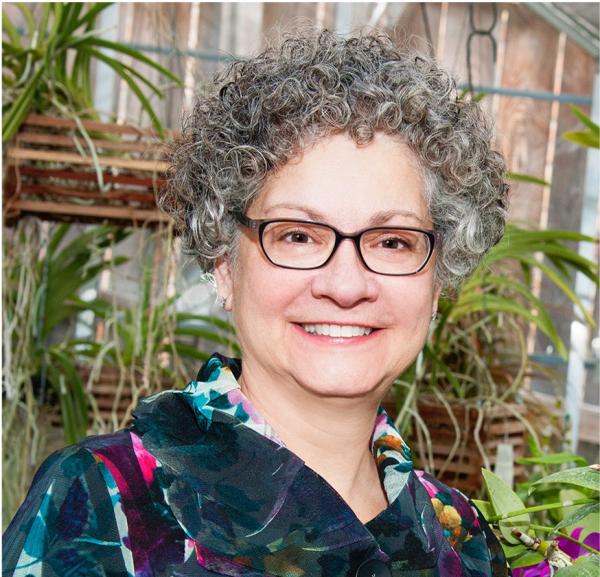Margaret Pittman Lecture
Part of the Wednesday Afternoon Lecture Series, the Pittman Lecture is given by a researcher dedicated to advancing and improving the careers of women scientists. Since 1994 when this annual lecture began, every speaker has exemplified the intelligence, scientific excellence and drive that made Margaret Pittman a leader as the first female laboratory chief at NIH.
This page was last updated on Thursday, June 5, 2025









